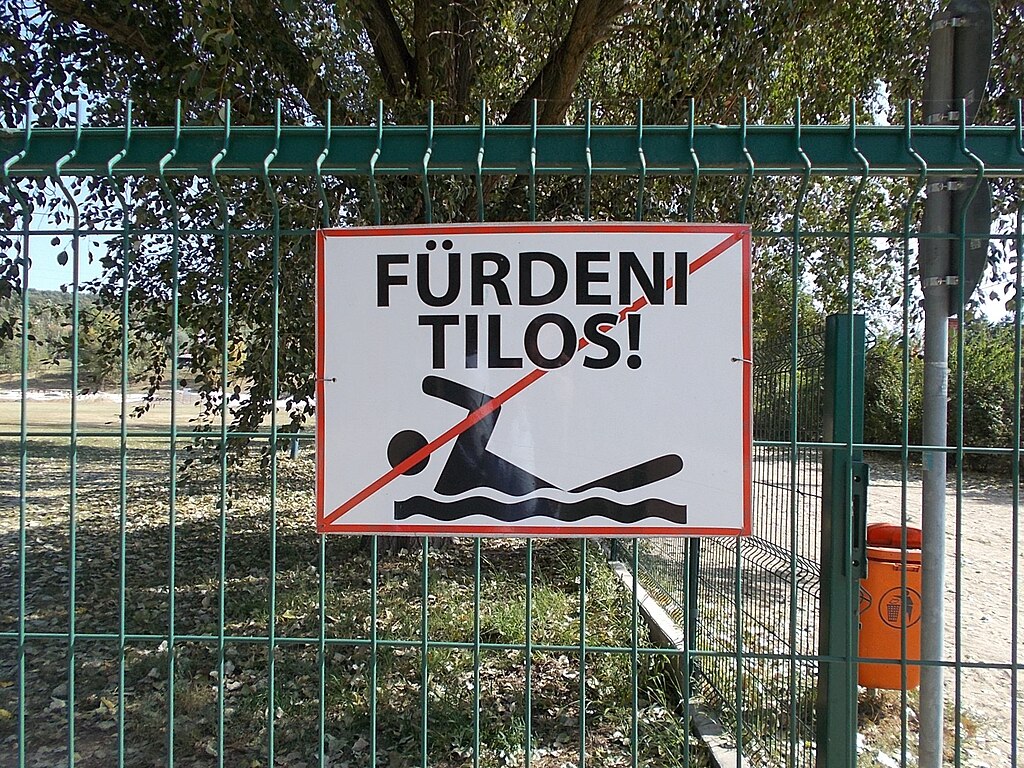Several Hungarian beaches have been closed due to bacterial contamination

Based on data from 2021 to 2024, most of Hungary’s natural bathing waters received excellent or good ratings, with a total of 288 locations officially registered across the country. Out of these, 193 sites were rated excellent, 58 good, 4 sufficient, and 5 were found to have poor water quality, making swimming there not recommended, according to a report from the National Public Health and Pharmaceutical Centre (NNGYK).
Natural bathing spots around Lake Balaton, Lake Velence, and Lake Tisza continue to maintain excellent water quality, which is also significant for the tourism sector, Blikk writes. Among newly established beaches, 28 have not yet been rated, as the necessary four-year dataset is not yet available.
The quality of natural bathing waters is checked at least four times a year by accredited laboratories: once before and then monthly during the swimming season. The inspections include both water samples and on-site evaluations for signs of contamination, waste, or discolouration that could indicate the presence of cyanobacteria (also known as algal blooms).

Water quality ratings are based on the presence of wastewater-related bacteria, with attention paid to fluctuations over time. Waters with excellent or good ratings pose a very low risk of contamination, while those receiving a poor rating may be risky to swim in due to inconsistent water quality, Index writes.
In recent years, some beaches have been closed due to bacterial contamination, including spots in Balatongyörök and around Lake Velence. Swimmers at these locations faced potential illnesses involving vomiting, diarrhoea, or eye and ear infections.
There’s good news for Budapest residents: free and safe swimming areas are opening along the Danube, allowing city dwellers to enjoy natural bathing without long trips to larger lakes.
Overall, the state of Hungary’s natural bathing waters is positive, but regular monitoring and contamination prevention remain essential to ensuring safe swimming conditions.
To read or share this article in Hungarian, click here: Helló Magyar
Read also:







